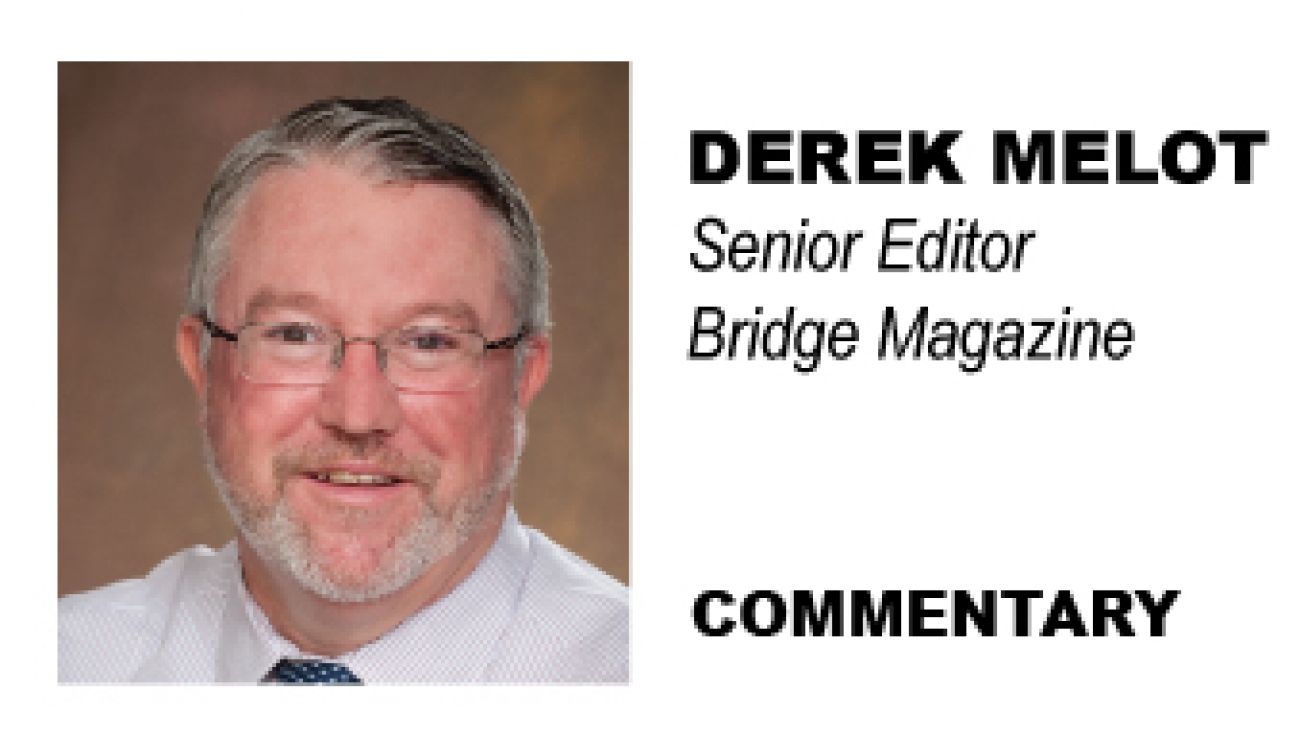Capitol vote won't guarantee lower auto insure rates

An array of groups allied to defend Michigan's "no-fault" system of auto insurance claims and payments for catastrophic injuries resulting from auto accidents has filed a lawsuit against the Michigan Catastrophic Claims Association.
This quasi-public entity calculates the projected costs of paying for catastrophic care and levies an annual fee against auto insurers -- which they pass along to us auto insurance buyers -- to cover them.
The line from the Coalition to Protect No Fault is that the MCCA is a secretive entity that wrongly claims to be exempt from Michigan's Freedom of Information Act.
This is all pertinent right now because the auto insurance industry is trying to convince the Michigan Legislature to revamp Michigan's system, in which the injured receive unlimited lifetime care. The insurers want a system where consumers can opt for lesser amounts of coverage.
The lawsuit is, to a great extent, about political framing. Make MCCA -- which is run by a board dominated by insurance execs -- look secretive and the Legislature will feel less interested in changing no-fault.
That's too complex. I think the salient points for Michigan voters are these:
1. From Bridge's November 2011 story on the issue: "(Insurance Institute of Michigan head Pete) Kuhnmuench acknowledged that there is no 'guarantee' of lower auto premiums for consumers if the legislation is enacted, but said the limits on health providers would save insurers 10 percent to 12 percent — savings that can be passed along to consumers." (emphasis added)
2. From the same story: “In the late 1990s, the MCCA had a surplus of $2.5 billion – more than enough to cover catastrophic claims. At the urging of then-Gov. John Engler, the MCCA board in 1998 — an election year — refunded $180 per vehicle toMichiganmotorists. The following year, again under pressure from Engler, the MCCA agreed to lower its surplus another $1.2 billion by reducing the amount motorists would pay into the fund over the next five years.”
If you look at MCCA documents, here and here, you can see what happened: Michigan once had plenty of money in reserve to cover claims. It returned to consumers a big chunk of the cash. Since then, as costs rise, so do fees to chase them.
Legislators have to know that their constituents are not up in arms over payments to badly injured drivers or vehicle passengers. No, the political energy on this issue is the cost of auto insurance itself. People think they have to pay too much to insure their vehicles.
But, if the insurance industry can't guarantee that its proposed reforms will lead to lower consumer prices, what's the Legislature's motivation to act at all?
See what new members are saying about why they donated to Bridge Michigan:
- “In order for this information to be accurate and unbiased it must be underwritten by its readers, not by special interests.” - Larry S.
- “Not many other media sources report on the topics Bridge does.” - Susan B.
- “Your journalism is outstanding and rare these days.” - Mark S.
If you want to ensure the future of nonpartisan, nonprofit Michigan journalism, please become a member today. You, too, will be asked why you donated and maybe we'll feature your quote next time!

